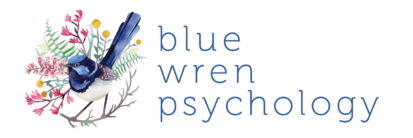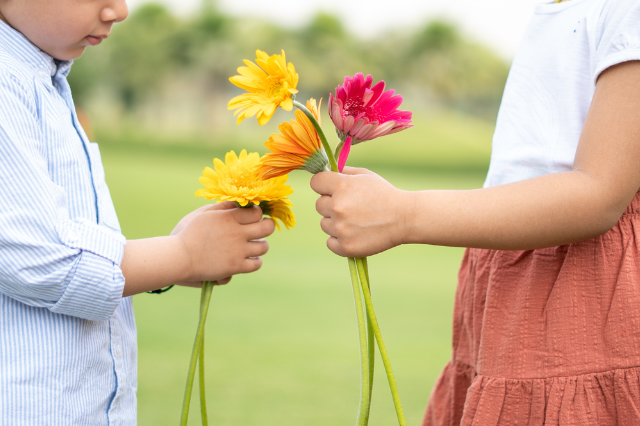My Journey to Mindful Self-Compassion

Over many years and long before I became a Clinical Psychologist, I had been exploring, learning and practicing meditation, mindfulness and hypnosis as a way to cope with life’s trials.
Like all people, I have been through my fair share of life’s challenges, and these techniques and way of being helped me cope.
I read Paul Gilbert’s Compassionate Mind in 2012(ish)– and this was my light-bulb moment! His work resonated with me so much; I loved the mingling of science and ancient practices, and started to integrate compassion into my work.
Being the learning-lover that I am, I also started to explore these techniques further and in 2020 when Covid struck us all I completed a course on Mindful Self-Compassion. It was quite a defining time for me – learning to treat myself like a good friend and being aware of my inner critic.
I was so passionate about what I learnt, and the new tools that I now have, that I want to share this wonderful work with everyone!
So, I took the path of becoming a trained teacher in the empirically-supported program developed by Kristin Neff and Christopher Germer: Mindful-Self-Compassion (MSC).

Creating Self Empowering Choices
The programs empower people to start to respond with life’s difficulties with kindness, care and compassion. This might sound all warm and fuzzy, but it also covers all the hard-hitting stuff life Is made of – anger, relationships, shame and so on.
What is Mindful Self-Compassion?
There are three main components to self-compassion.
Firstly, Mindfulness, which enables us to realise what is happening in the present moment so that we can accept our experiences with more ease.
Secondly, what Kristen Neff and Christopher Germer coin Common Humanity, that we are not alone.
Finally, Kindness, opening our hearts to our suffering so that we can give ourselves what we need. These three components together comprise a state of warm-hearted, connected presence.
Benefits Of Self-Compassion
There is so much research that is constantly expanding that shows Self-Compassion to be very strongly associated with emotional well-being, having less depression, stress and anxiety, being able to maintain healthy habits such as diet and exercise and having more fulfilling personal relationships.
Self-Compassion For The Self
Self-Compassion is for all, even people who feel very uncomfortable with the thought of being good to themselves. It helps us to become braver when we attack ourselves, for example, through self-criticism or avoidance.
It helps us become emotionally strong and resilient. It helps us admit our failings, motivate ourselves and forgive ourselves when we need.
What Does The 8 Week Course Cover?
The 8-week empirically supported course enables participants to:
• Practice self-compassion
• Understand the benefits
• Motivate themselves with kindness rather than criticism
• Better handle difficult emotions
• Change challenging relationships
• Cope with caregiver fatigue
• Learn the ability of savoring and self-appreciation
What Can You Expect?
The course is made up of 8 x 2.5 hours of meditation, short information session, experiential exercises and group discussion.
The main aim is to allow participants to experience self-compassion and learn practices that help bring out self-compassion in day to day life.
There is also 3 hours of “retreat” – a session of mediation and mindfulness practices in silence.
Although mindfulness is at the core, MSC is mainly a compassion training program. It is not therapy but helps participants develop the resources they need to address, discomforts of the past and build emotion resources to help with life.
Although compassion is very positive, sometimes difficult emotions arise when being self-compassionate. As an MSC teacher, all efforts will be made to provide a safe, supportive and enjoyable environment for all participants.
Who Can Do This MSC course?
Everyone, no matter your background or identity is welcome!! There are no prerequisites except a willingness to learn. However, I will need some information to determine your readiness in doing this kind of work, because your safety is very important.
Although not essential to do the course, the following book would be a great companion:
The Mindful Self-Compassion Workbook, by Kristin Neff and Christopher Germer (2018)



